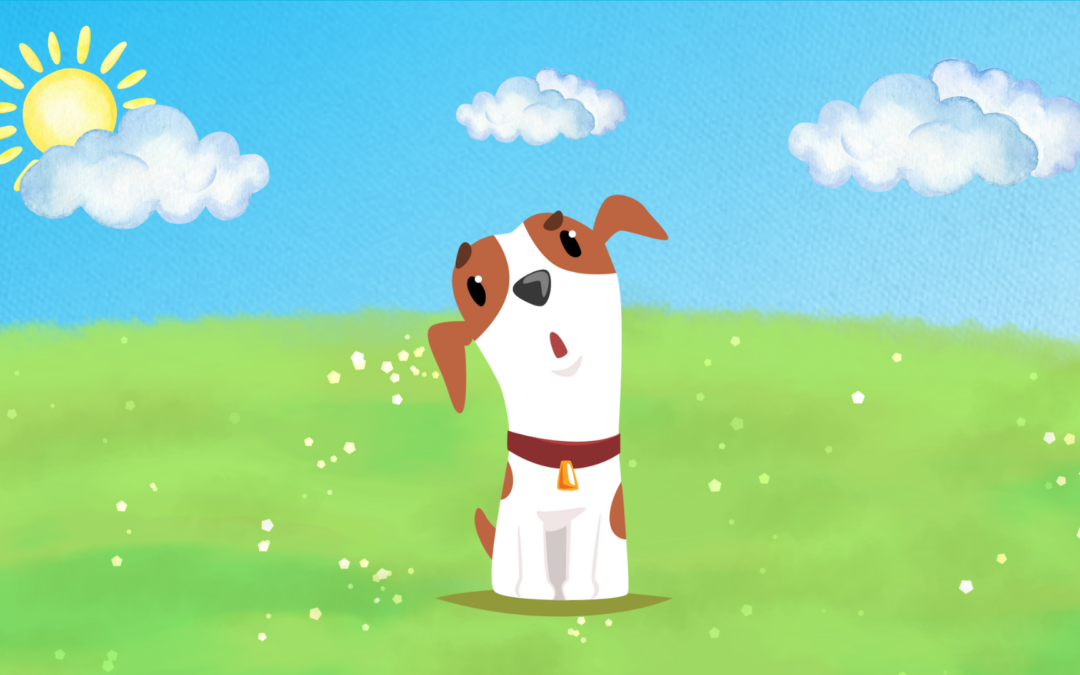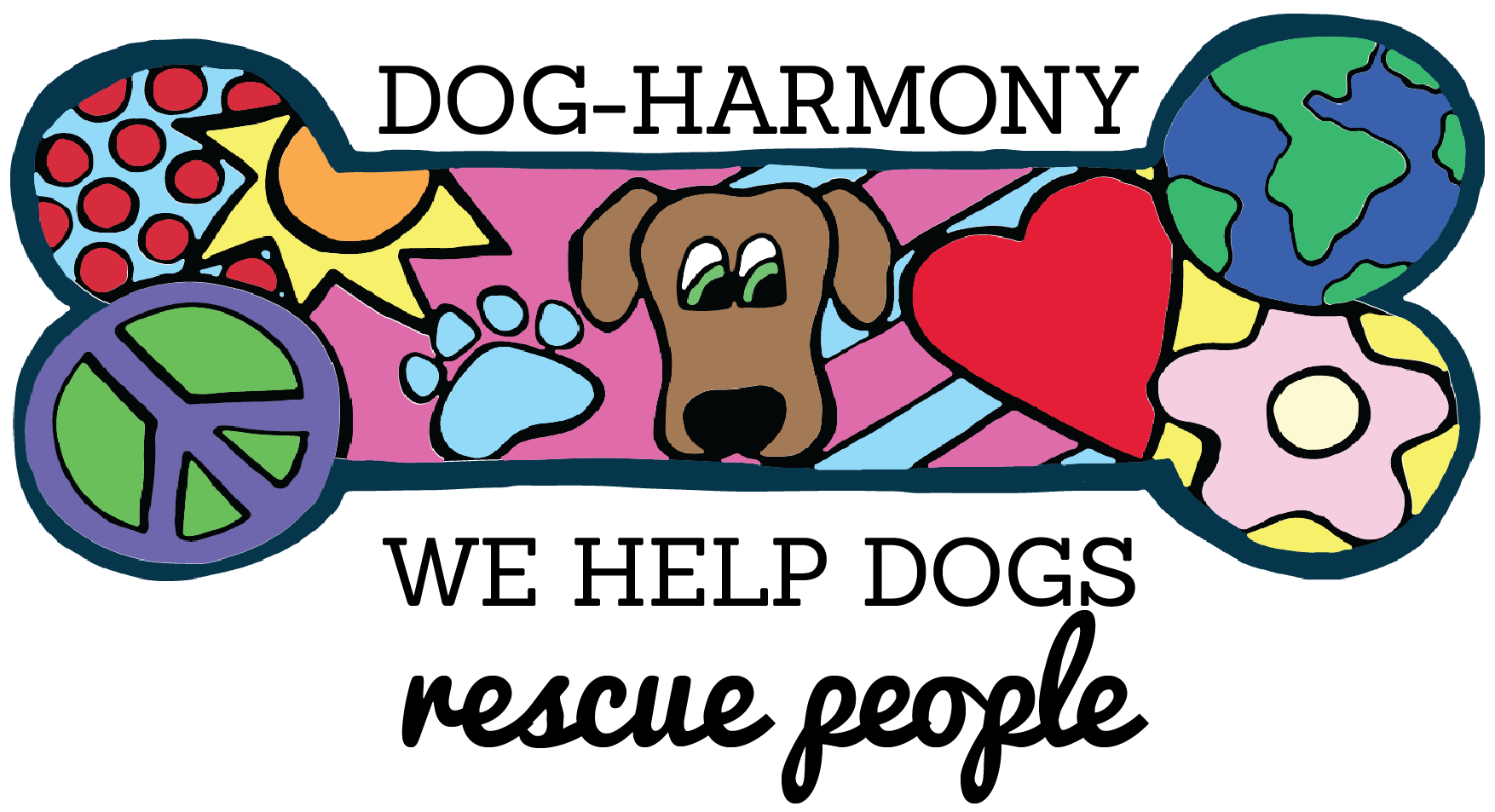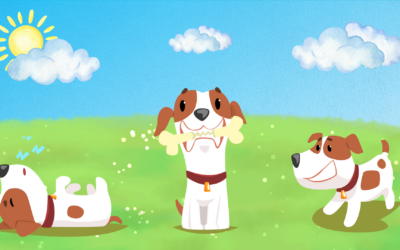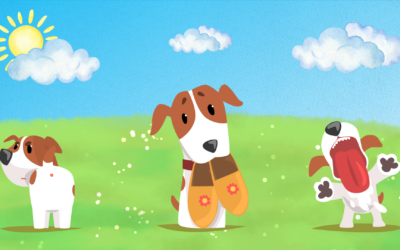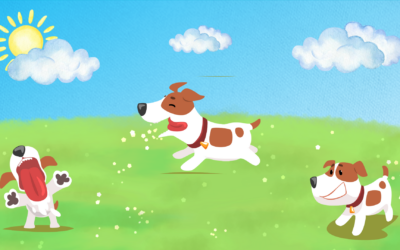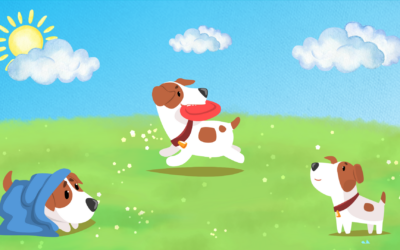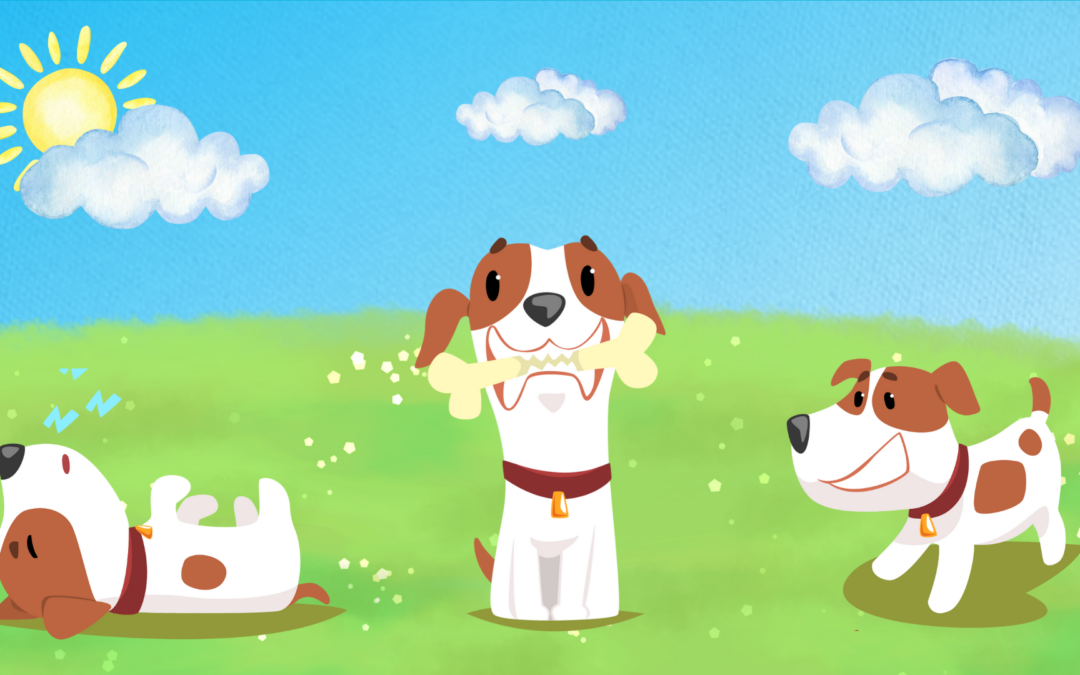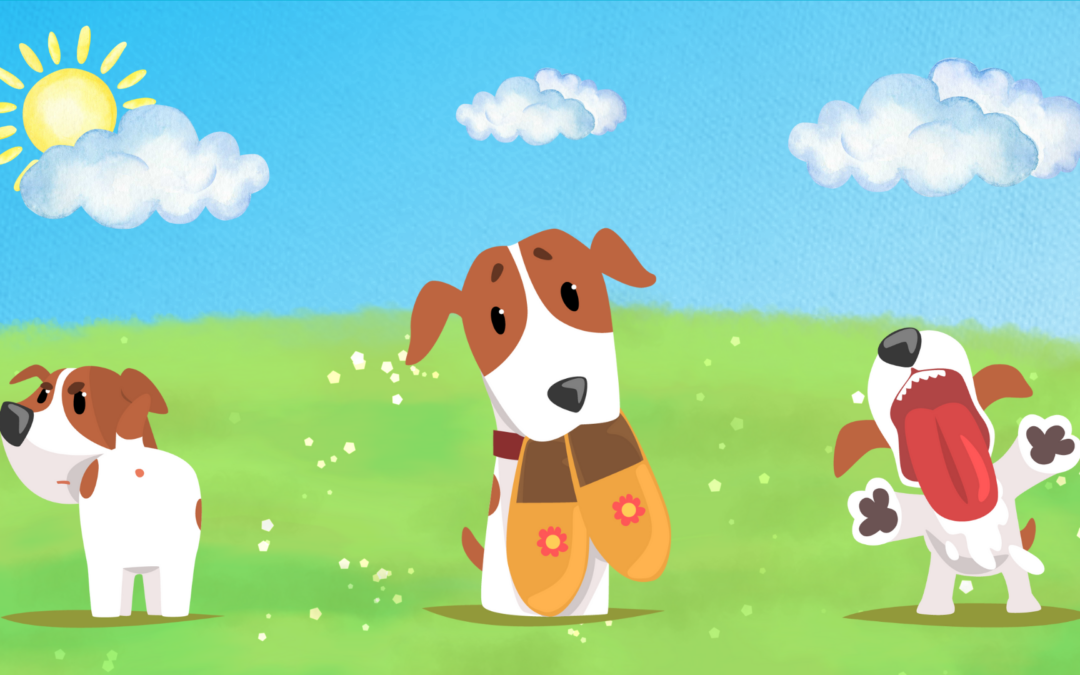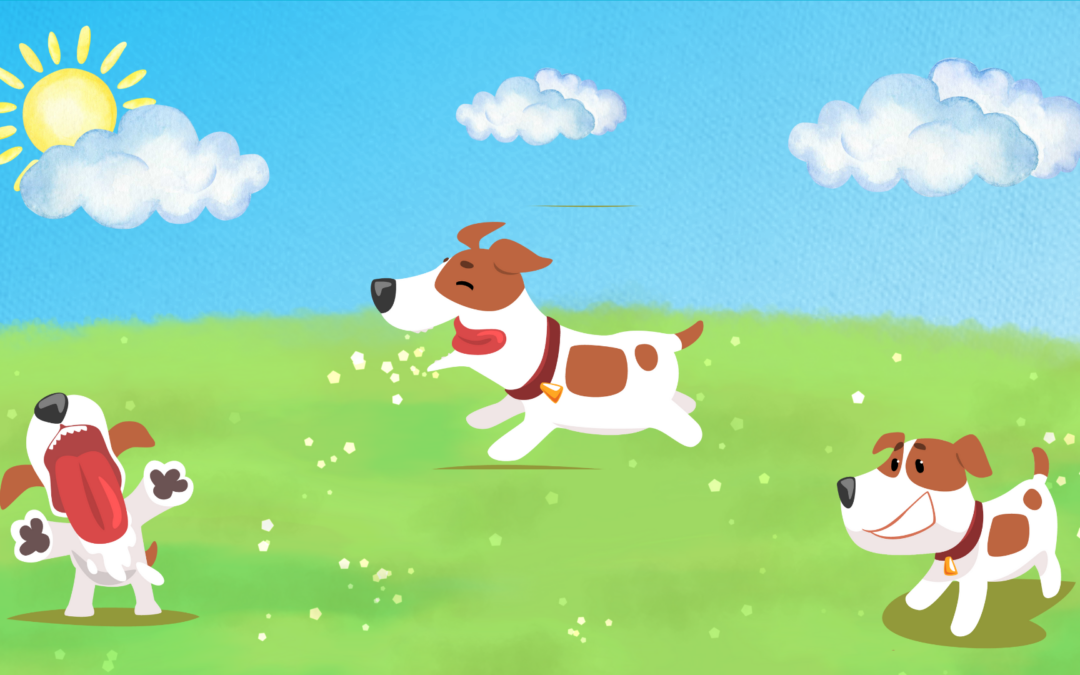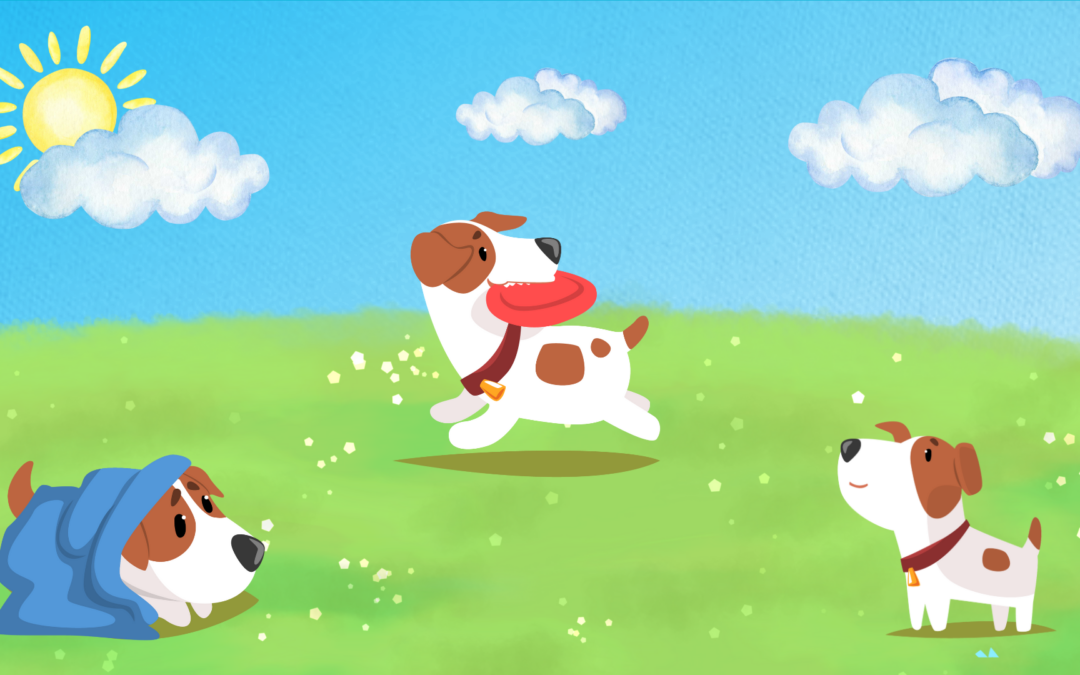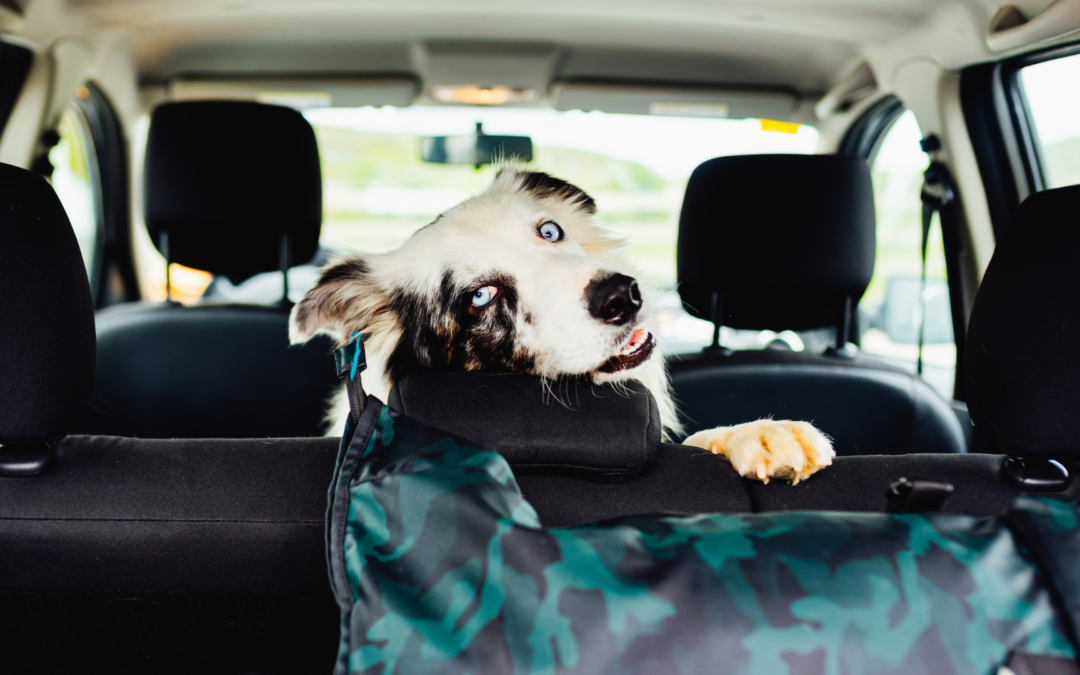Written by: Marty Becker, DVM, and Mikkel Becker, CBCC-KA, CPDT-KA, KPA CTP, CDBC, CTC
When a new puppy joins your family, you have a great opportunity to ensure she’ll grow up to be a confident, healthy dog. Central to that goal is helping her understand where she can and can’t go to the bathroom. Here are our tried-and-true tips for raising a perfectly house-trained dog.
First, learn to read your puppy’s body language. Pawing at you, standing at the top of the stairs or in front of the door, barking, sniffling, pacing, circling, and whining are all the canine equivalent of crossing your legs and desperately asking Siri where the next rest area is. Those signals are your cue to scoop her up (or clip on her leash) and get her to the designated potty area fast!
Second, let’s talk about crates. Many people think a crate is a punishment, and we certainly don’t recommend leaving your puppy in it for long periods of time. But if a crate is your puppy’s sleeping area, she’ll instinctively want to keep it clean. And when she’s safely confined in it, you don’t have to worry that she’ll have an accident in the house, which will make it less likely she’ll potty in the house in the future. What’s more, a reasonable amount of time in a crate will help your puppy develop bowel and bladder control.
This brings us to the third tip: stick to a schedule. Puppies need to potty every two to four hours, so it’s crucial you plan accordingly. Events that can trigger a puppy’s need to urinate or defecate include waking up in the morning or from a nap and immediately after eating and drinking.
Excitement and stress can also lead to potty accidents, so letting your puppy play indoors can result in housetraining accidents. You’ll also want to take her out just before bedtime. She should be sleeping through the night by the age of 3 or 4 months, but for younger puppies you’re going to be in for a few weeks of sleep deprivation while you take her out once or twice during the night.
Allow for plentiful potty opportunities around potty-stimulating activities. Provide bathroom breaks within 15 minutes of waking, eating, drinking, or higher excitement activity, including play.
Not all pups will make it through the night, however, as their ability to hold their bladder isn’t fully developed until about 4 to 5 months of age. The general rule of thumb for puppies is that most pups can hold it for the number of months old they are in age, plus one. So a 2-month-old pup can hold it for up to about three hours (though this may be stretched a little during sleeping hours). Depending upon your pup, you may need to set an alarm or cue into puppy noises to take your pup out accordingly and prevent overnight accidents in their sleeping area.
If your pup seems unable to hold it for reasonable lengths of time for her age, consult with your pet’s veterinarian as this may be a sign of an underlying medical issue that requires treatment. Even if all you want to do is sleep, go outside with your puppy every time she has to potty. That’s because you should take every opportunity to praise and reward your puppy with a tiny-sized treat every time she potties in the right place.
Play is another great reward when your pup potties outdoors. Let her have a few minutes of play after doing her duty, and you’ll find she won’t hold back on urinating or defecating because she thinks pottying will trigger going back inside or into the crate. Letting your puppy run loose in your house is not going to end well. She will potty where you can’t see her, which will set up a cycle that can be hard to break. Consider attaching her to you with a leash or use other containment options in puppy-proofed spaces, including closed doors, gates, and inside fencing options. Doing so limits her space and helps her to gradually become accustomed to the home, using her natural instinct to keep her own spaces clean to encourage potty in appropriate spaces only. Such containment options also allow you to always know where she is and what she’s doing, which is important for attending to even subtle cues when she’s feeling the urge to go. Over time, the pup’s space can be opened up little by little to offer increasing freedom as she proves able to go accident free.
Lastly, if your pup tends to potty when saying “hello,” note that she may be displaying an appeasement gesture or feel a little apprehensive about the greeting. Avoid bending or leaning over the dog or reaching over her head. Instead, turn your body slightly to the side, get down more on her level, and pet her in an area she’s more comfortable being touched, like her chest.
Alternatively, you can also channel her energy away from the greeting scenario and into another task, such as turning the “hello” into an opportunity to get her toy or to do a couple of tricks, like asking her to “sit” and “down,” for treat rewards.
What About Adult Dogs?
House training an adult dog is essentially the same as with a puppy. The advantage is she’ll have better bladder and bowel control and won’t need such frequent potty opportunities.
When a previously house-trained adult dog starts having accidents in the home, however, it’s time to head to the veterinarian. Barring major changes in the home, this is usually caused by a medical problem rather than a behavioral one. The cause could be as simple as a urinary tract infection (which is very painful and needs to be treated immediately) or the onset of canine cognitive dysfunction (which can be treated medically).
Punishment has no place in house-training, whatever the age of your dog. You want her to learn that going inside the house is wrong, but she’ll actually learn that people are unsafe and unpredictable. She may become afraid to go potty in front of you, which can lead to increased indoor house soiling. Rubbing your dog’s nose in the mess she made or any other form of punishment won’t work and can make the problem worse. Instead, address the behavior by managing his environment and training better behavior.
Another cause for house soiling in previously housetrained dogs is anxiety. For example, dogs with separation anxiety or noise phobias may start having accidents within the home. In those cases, your veterinarian can work with you to control the problem or refer you to a veterinary behaviorist or certified applied animal behaviorist. Another source of anxiety may be a trigger the dog encounters outside. The sound of distant thunder, fireworks, gunfire, or even traffic can be terrifying to the noise-averse dog. If she’s afraid to leave the house, she will be prone to potty inside where she feels safe.
